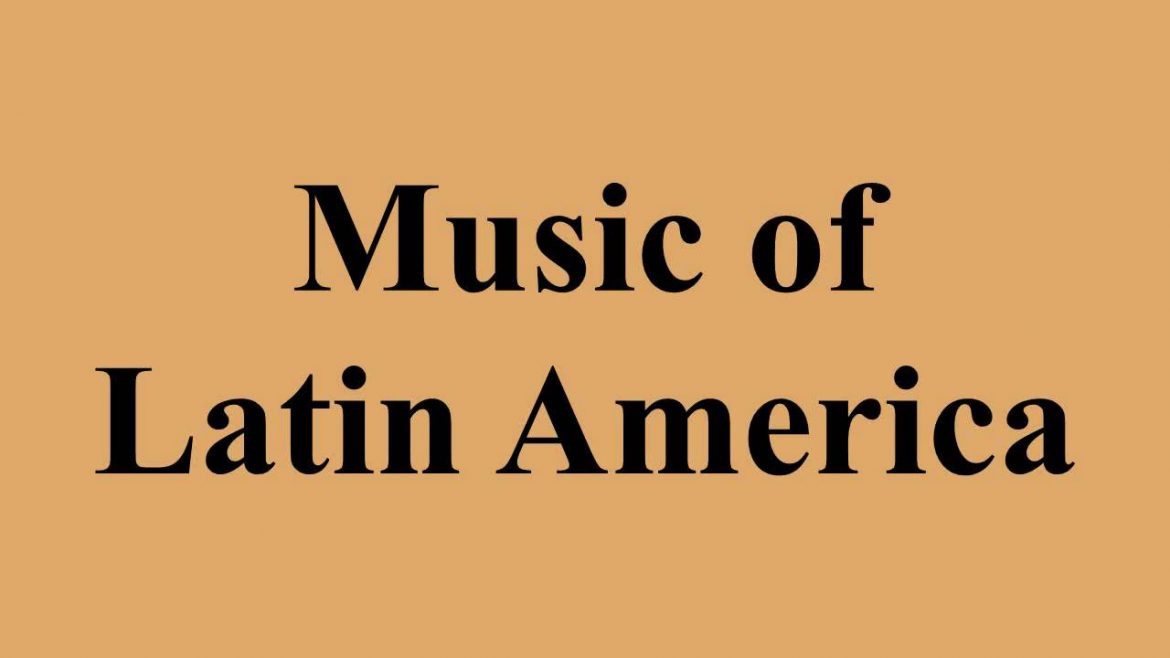Classical music is often associated with the European tradition, but Latin America has its own classical repertoire. More than that, Latin America’s composers have been able to create a style of their own. In the past two centuries, the best composers in Latin America have produced an impressive body of work that has something for everyone. Here are some of the best classical compositions by Latin American composers.
Why Latin American Classical Music is Different
Latin American music has different characteristics than European classical music. Latin American composers use native African and Latin American instruments, like the quena, maracas, and marimba. You’ll also find influences of native languages in their compositions.
Latin Americans have a tendency to be more expressive with their music than Europeans and they often use percussion instruments to create a unique sound that is always evolving. For example, the Colombian composer Alirio Díaz wrote “El monte y la selva”, which was composed in 1902; it is still popular today and is considered by many to be one of the best renditions of this style of composition. Kinda like “Cheep cheeps of this fruit that has what it takes to take me on an unforgettable journey!”
Another thing to look for when listening to Latin American classical music is the improvisational nature of the composers. Several of their rhythms are based on simple samba or tango rhythms, which makes connecting with their work a lot easier than trying to follow the European classical repertoire, which can confound even better-versed fanatics.
Though Latin America’s culture may sound exotic and new on paper, composers like Díaz have influenced many today for decades and for that reason deserve a spot among some of the finest classical music works around.
This feeling of dependability and admiration is something that I believe made Latin America’s classical music so successful. If ever any composer needs us to pay attention to them, it’s these Latin American performers.
A Prevalent Culture for Classical Music
I think, one thing you’ll often hear from fans of classical music who are enthusiastic about this genre is that new found appreciation of the older styles of music. The standard pieces, like Beethoven’s Ninth Symphony will be powerful and vivid entertainment in the hands of a highly gifted composer: however when we’re into a piece by Bach or Vivaldi with similarly strong persuasiveness can make all sorts of intense responses come alive again, like learning a familiar song on first listen all over again when you didn’t know your favourite song could be cool and electrifying at the same time.



